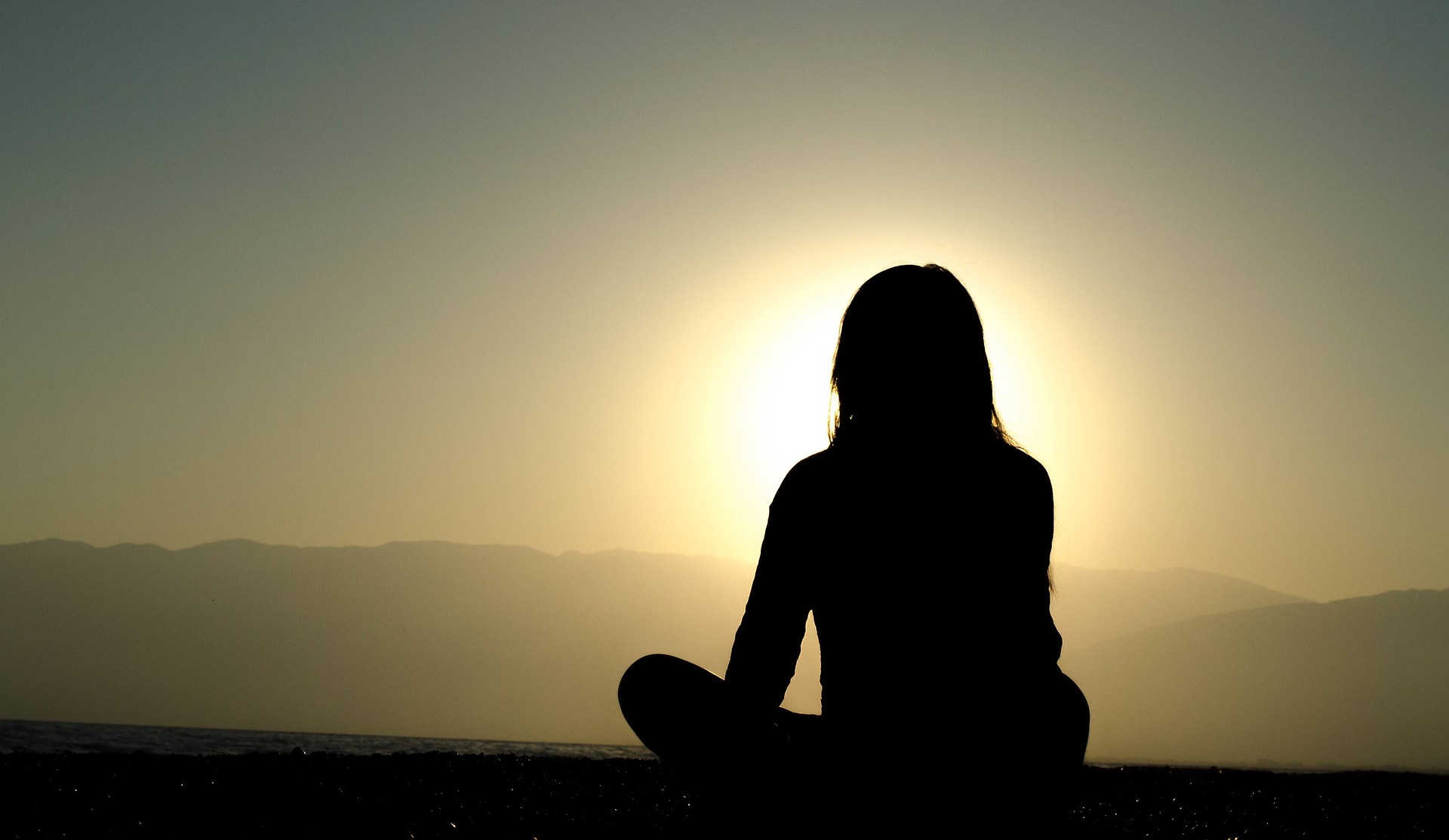Mental Health in South Korea Posted by Flying Oyster on Jun 16, 2021 in Culture, Holidays, Korean Language, News, People, Vocabulary
Have you heard of a competition for doing nothing? Yes, it is a real event in South Korea. (https://www.theguardian.com/world/2016/may/22/screen-addicted-south-koreans-compete-in-space-out-contest)
A Korean artist 주최하다 (joo-choi-hah-dah: host) 멍때리기 (mung-dde-ri-gi: space out) competition since 2014. The participants literally do nothing for 90 minutes. They are not allowed to talk, sleep, eat or use electric devices. The winner of the competition is whoever has the most steady and slowest pulse at the end. This event was held in 제주도 (JeJu-do: Jeju Island) this year. The winner was a local hairdresser. The purpose of this event is to provide space and time for Koreans who are stressed from information overloading and hectic lifestyle.
I was intrigued when I read an article about the competition. Although it made me saddened, at the same time, because I may know the reason why this kind of event is annually held.
How Stressful Life Could Be In Korea
There was research (https://www.startupn.kr) to study causes of stress among 회사원 (hwei-sah-won: a company employee) in Korea. The main reasons for stress were the pressure of given tasks and uncertainty of the future, including financial insecurity.
According to Sangji Youngsoe College team, 대학생 (dae-hak-seng: college students) are suffering from an 취업난 (chwei-up-nan: unemployment crisis). Social factors, such as 취업 (chwei-up: seeking employment), 경제력 (gyeong-jae-ryuk: economic power, status) are the primary causes.
South Korea, unfortunately, has the highest suicide rate among OECD (Organisation for Economic Co-operation and Development) countries. Alcohol consumption is high as well. 빈부격차 (bin-boo-gyuk-cha: the gap between wealth and poor) is getting bigger. 지옥철 (ji-ok-chul: a very crowded subway in rush hours, a newly coined word from hell + subway) is one example to reflect how crazy 출퇴근 (chool-twae-guen: commuting) could be in big cities of Korea. From my experience, I believe that many South Koreans learn how to survive from a competitive lifestyle at an early age.
How Do Koreans Manage Stress?
From a view of an outsider, I see that more Koreans value their well-being. One of the big trends I see is that more people spend their 여가시간 (yeo-gah-si-gahn: free time, leisure time) with family in nature.
Koreans also seem to be more proactive in stress management. I have recently noticed small, but significant changes from mass media. I enjoy watching talk shows and one of them is 세바시 (Sebashi Talk). 세바시, which is short for 세상을 바꾸는 시간 (se-sang-eul-bah-ggu-nuen-si-gahn: a time to change the world). This show hosts various guests who can share their life lessons on different topics in life. It reminds me of the TED show in the Korean version.
The other thing I have noticed is that more 정신과의사 (jeong-sin-kwa-eui-sah: a psychiatrist) 출연하다 (chool-yeon-hah-dah: make an appearance) on Korean TV shows. They emphasize the importance of receiving mental counseling/treatment before the problem gets out of hand. Since getting mental counseling used to be stigmatized, this could be a new concept to viewers. However, I believe this enlightenment is very important in a high-stress society.
Stress in life is inevitable. In fact, the level of stress has been higher globally due to the COVID-19 pandemic. I believe it is important to manage stress in healthy ways. I wish Korea becomes a society in which more people can easily access healthy stress management tools.

Build vocabulary, practice pronunciation, and more with Transparent Language Online. Available anytime, anywhere, on any device.






